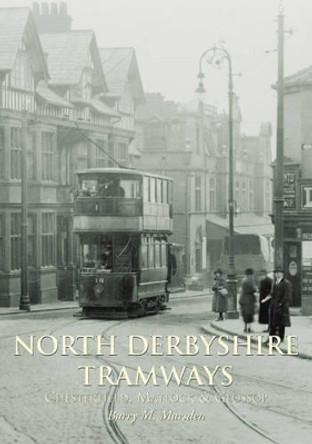Description
In the eighteenth and nineteenth centuries barrow digging became a field sport for local squires and parsons. Their desire for decorative relics led them to plunder the graves of their prehistoric ancestors. With a few notable exceptions their methods were lamentable: their workmen recklessly destroyed remains and pottery, and few made accurate records. What was most horrifying was the speed at which they worked - one individual digging over 30 barrows in a day and 9 in the space of two hours!
Against this background it is perhaps amazing that any idea of the importance of recording provenance and context developed at all. But, in this fascinating survey of early field archaeology in Britain, Barry Marsden is able to highlight the careers and methods of the more responsible barrow diggers - from the first excavations of William Stukeley in the 1720s to the more orderly and painstaking work of the main nineteenth-century practitioners, concluding with the exemplary operations of Lt. General Pitt Rivers in the 1880s and 1890s. This substantially expanded and re-illustrated edition of a classic work that has been unavailable for many years has individual chapters on Yorkshire, Derbyshire and the Peak district, Wiltshire, Dorset and Cornwall.
About the Author
Born and bred in Derbyshire, Barry Marsden has spent many years studying the archaeology of the Peak District, where he has conducted numerous excavations and has collected the records of all the county's surviving burialmounds. He is a prolific author, a Fellow of the Society of Antiquaries and a Member of the Institute of Field Archaeologists.
Book Information
ISBN 9780752462240
Author Barry M Marsden
Format Paperback
Page Count 160
Imprint The History Press Ltd
Publisher The History Press Ltd
Weight(grams) 430g
Dimensions(mm) 250mm * 170mm * 10mm








